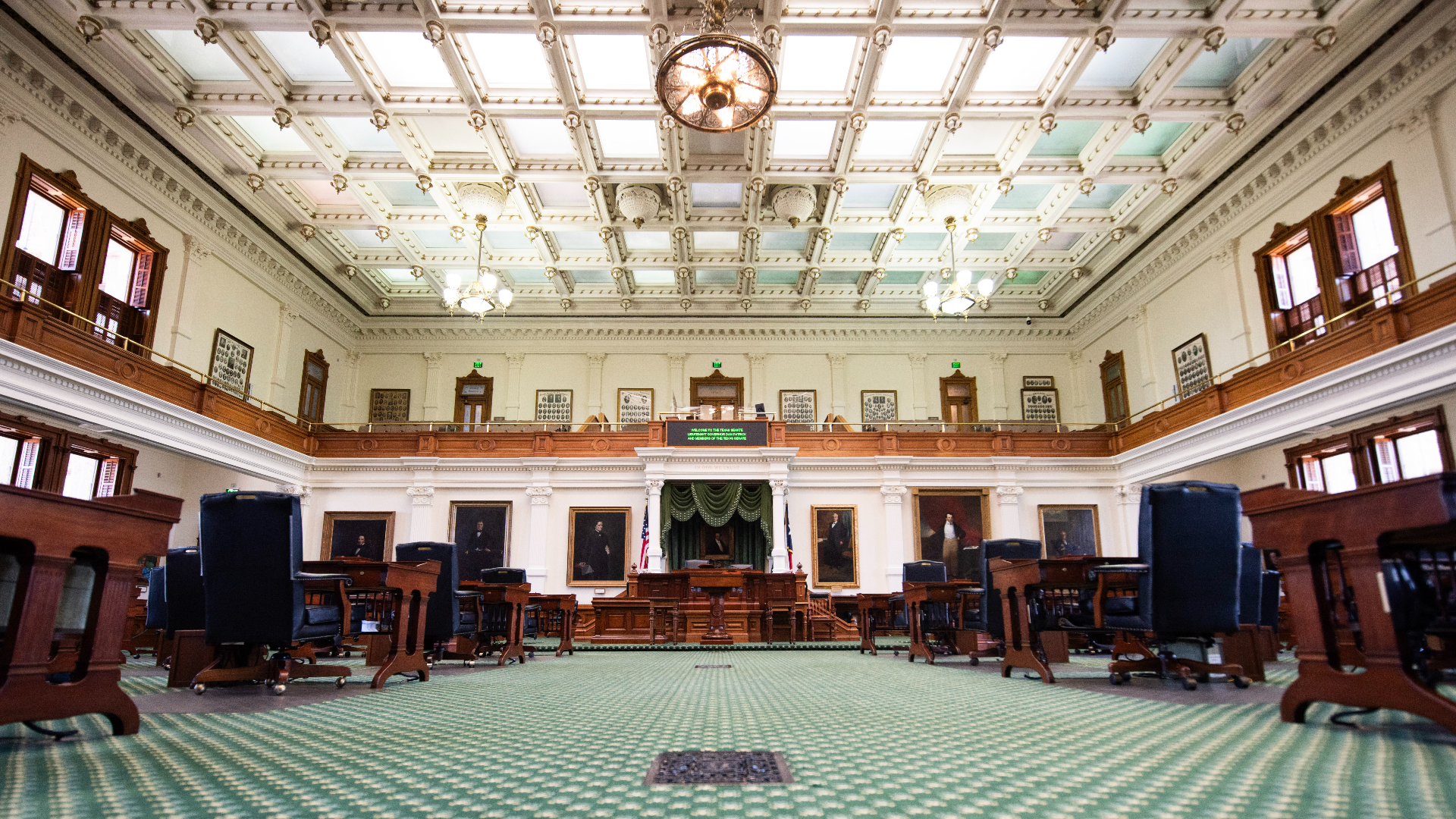AUSTIN, Texas — State senators say they are working to protect Texans from political bias from Big Tech companies ahead of the upcoming election.
On Wednesday, the Senate Committee on State Affairs approved a motion to subpoena major tech companies like Alphabet Inc., Meta, TikTok and X.
In a post on the social media platform X, formerly known as Twitter, Republican State Sen. Bryan Hughes expressed his support for the unanimous vote to approve the motion.
“There is strong evidence that big tech imposes their own biases to manipulate and stifle dissenting voices, undermining election integrity. Texas will not stand for that," the post read.
Big Tech's threat to elections
For the majority of State Affairs meeting, the committee called in several experts to testify on how they believe Big Tech companies threaten election security.
Dan Schneider, the vice president of Media Research Center, an organization that documents perceived media bias and censorship of Big Tech, said that through their studies, they found that Google favors creating algorithms that are biased.
“These big tech platforms like Google and Facebook will have a candidate of choice, a preferred candidate, and any candidate in the way of that individual will be censored and content supporting that candidate will be silenced,” Schneider said.
Zach Vorhies, a former software engineer for Google for eight and a half years, shared a similar testimony of Google favoring certain candidates and creating biased algorithms. He also testified about how Google allegedly has many blacklists and ranks news media sites. He claimed that news websites that support Democrats are ranked the highest in the U.S.
Others who testified made claims that elections have been turned over to Big Tech companies since 2012. Dr. Robert Epstein, the senior research psychologist for the American Institute for Behavioral Research and Technology, testified that through Google’s algorithms, they’ve flipped elections without people’s knowledge and have the potential to shift millions of votes.
“This is the new kind of subliminal manipulation, and it’s occurring on a scale that’s never occurred before,” Epstein said. “It’s not just affecting Americans, it’s affecting more than 5 billion people around the world … Google doesn’t always favor the left, they favor whoever they want to favor so that it suits the company. In Cuba, they favor the right.”
Ryan Hartwig, a former Facebook content moderator also testified. He came out as a whistleblower in 2020, and testified that he never received legal training from Facebook on what would be deemed election content.
All the testimony prompted questions from state senators. Some committee members questioned the speakers on whether it would even be possible for Texas law to compel Google to have a nonbiased search in the state of Texas.
Two other recommendations the speakers gave the committee were to subpoena these companies, which state senators approved, and also to require Big Tech companies to have a local liaison with Texas so there can be a closer connection with what goes on behind closed doors of some tech companies.
Why is the Senate Committee on State Affairs meeting?
The topics the Senate Committee on State Affairs discussed are part of Lt. Gov. Dan Patrick’s list of interim charges, which are issues that the lieutenant governor wants the Senate to study before next year’s legislative session beings.
The committee said other issues, besides Big Tech, that threaten election security in Texas include evaluating the countywide polling place program in Texas and evaluating current laws that prohibit public school districts from using government resources for illegal electioneering.
Protecting Texas land and assets was another key issue. The committee brought up the safety and security threat of foreign entities owning land in the state. This issue also brought up a discussion on issues with housing affordability in Texas.
The third major issue discussed was banning Delta 8 and 9 THC products in Texas and stopping retailers from marketing the products to children.

